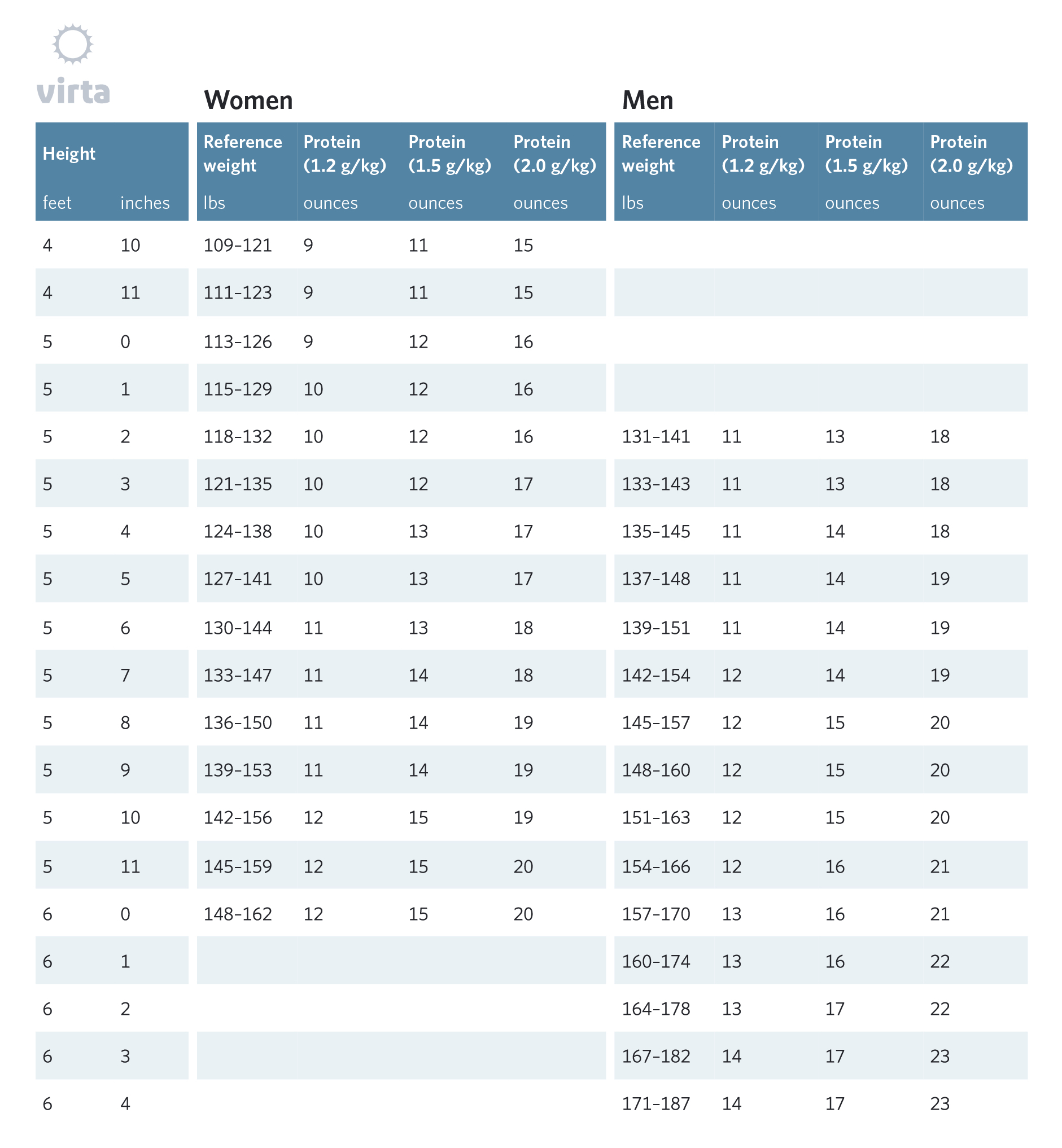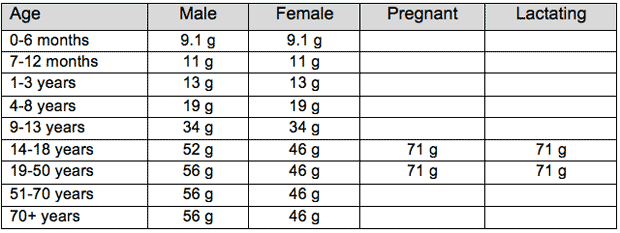Snacks are a good way to get extra protein into your diet as long as you choose the right types. If your protein does not exceed 35 percent of your calories then the rest of your diet should supply enough carbs and fats to support the protein-sparing effect.

Optimal Protein Intake Guide Examine Com
This amounts to 150 grams per day for someone on a.
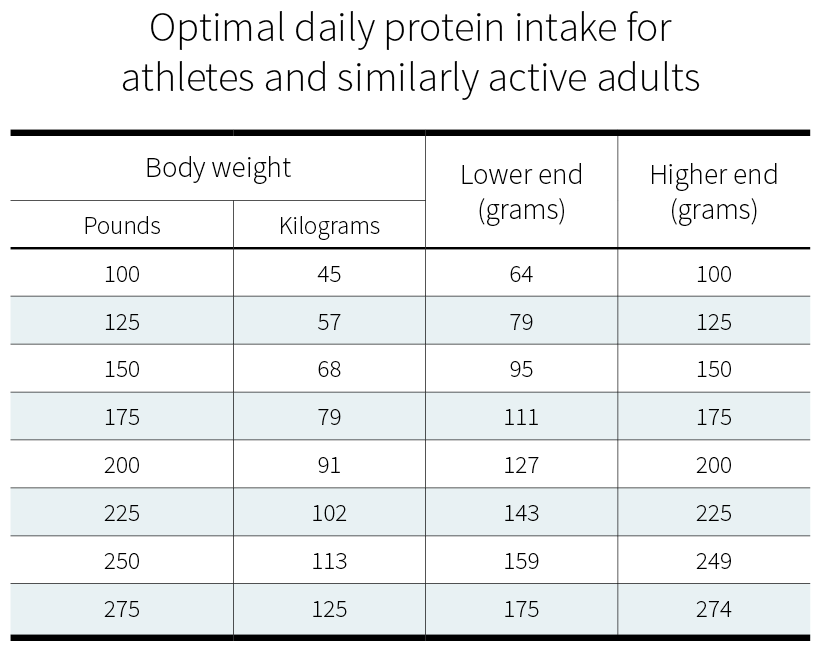
Adequate daily intake of protein. Protein distribution coefficient of variation CV and per meal amounts were calculated. Protein intake from natural food sources as well as from the addition of protein supplements to your diet offer a multitude of health benefits. Three-day food diaries recorded protein intake in 38 participants.
Average intake was 114 gkg 1 day 1. The Recommended Dietary Allowance RDA for protein is a modest 08 grams of protein per kilogram of body weight. Average intake was 114 gkg-1day-1.
According to the previously mentioned studies a protein intake of around 30 of calories may be optimal for weight loss. Three-day food diaries recorded protein intake in 38 participants. 14 Easy Ways to Increase Your Protein Intake 1.
Optimal daily protein intake for adults in grams per kilogram of body weight gkg. Established when evidence is insufficient to develop an RDA and is set. 11 grams of protein Recommended Intakes of Protein In general it is recommended that 10-35 percent of your daily energy intake comes from protein.
The recommended daily intakes RDIs can also be calculated by a persons body weight. The proportion of these amino acids varies as a characteristic of a given protein but all food proteinswith the exception of gelatincontain some of each. Recommended Dietary Allowance RDA.
Accelerometry was used to collect physical activity data as well as volume and patterns of sedentary time. You can use our protein requirement calculator to do the math for your weight with a. Both animal and plant proteins are made up of about 20 common amino acids.
So to calculate how much protein you should consume each day to maintain your weight multiply you weight in pounds by36. The recommended daily protein intake for patients up to the age of 55 is 08 gkg of body weight. Optimize Protein Intake As you create a diet that balances macronutrients plan on filling 10 to 35 percent of your daily calories with protein.
Representing protein intake as a percentage of energy means that some individuals with low energy intakes may not be getting enough protein. But the message the rest of us often get is that our daily protein intake is too high. It is estimated that consumption of two to three meals a day each containing 2530 g of high-quality protein is optimal for the stimulation of 24-h muscle protein synthesis MPS in healthy adults 38.
Your optimal daily protein intake depends on your weight goal and level of physical activity. Amino acids are required for the synthesis of body protein and other important nitrogen. Amino nitrogen accounts for approximately 16 of the weight of proteins.
Adequate intake of high-quality protein does help boost your weight loss efforts and to build lean muscle mass. If you consume 2000 calories per day this would work out to be between 200 to 700 calories of protein per day. Eat Your Protein First.
Average daily level of intake sufficient to meet the nutrient requirements of nearly all 97-98 healthy people. Apart from the total daily intake per-meal protein quantity and daily frequency of protein ingestion have also been shown to play an important role in preserving muscle mass and function. While 08g per kg body weight is adequate protein for a sedentary woman research shows that higher protein in takes between 12 and 16 gkg body weight help support weight loss1 Foods that are high in protein actually slow down the digestive process which makes our brains think we are feeling fuller and also requires more calories for digestion.
Accelerometry was used to collect physical activity data as well as volume and patterns of sedentary time. When eating a meal eat the protein source first especially before you get to the starches. But how much protein do you really need to take to achieve these benefits.
Protein distribution coefficient of variation CV and per meal amounts were calculated. However since muscle mass is lost much more rapidly with age patients over the age of 55 need even more daily protein. The current minimum RDA for protein for adults based on a 150-pound person is 56 grams or 08 grams of protein per kilogram of body weight14.
Daily protein requirement guideline The generally recommended daily protein intake is 09 grams per kilogram of body weight for adolescents and 08 grams per kg of body weight for adults 00145 oz per lb and 0013 oz per lb.

Comparison Of Average Daily Intake Of Protein And B Vitamins In The Download Table

Recommended Dietary Allowances Rdas For Protein By Age And Sex A Download Table
How Much Protein You Should Eat According To Your Age

Average Daily Protein Intake And Source Distribution For A Download Table

How Much Protein Do I Need Scorpion Supplements Supplement Store Nz
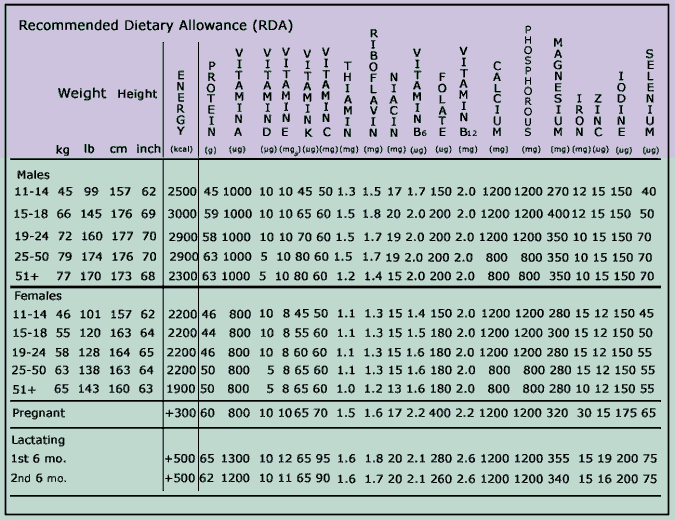
Recommended Dietary Allowance Rda Time To Run Nutrition

Recommended Daily Protein Intake Too Low For The Elderly Science Research News Frontiers
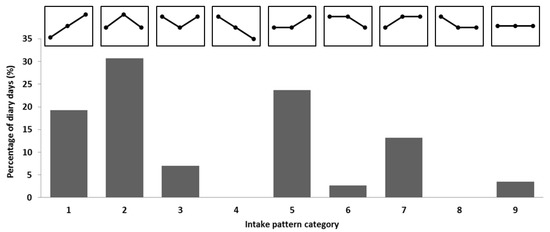
Nutrients Free Full Text Dietary Protein In Older Adults Adequate Daily Intake But Potential For Improved Distribution

Average Daily Protein Intake And Source Distribution For A Download Table

How Much Protein Do You Really Need Sbs Food



